STD & Drug Testing
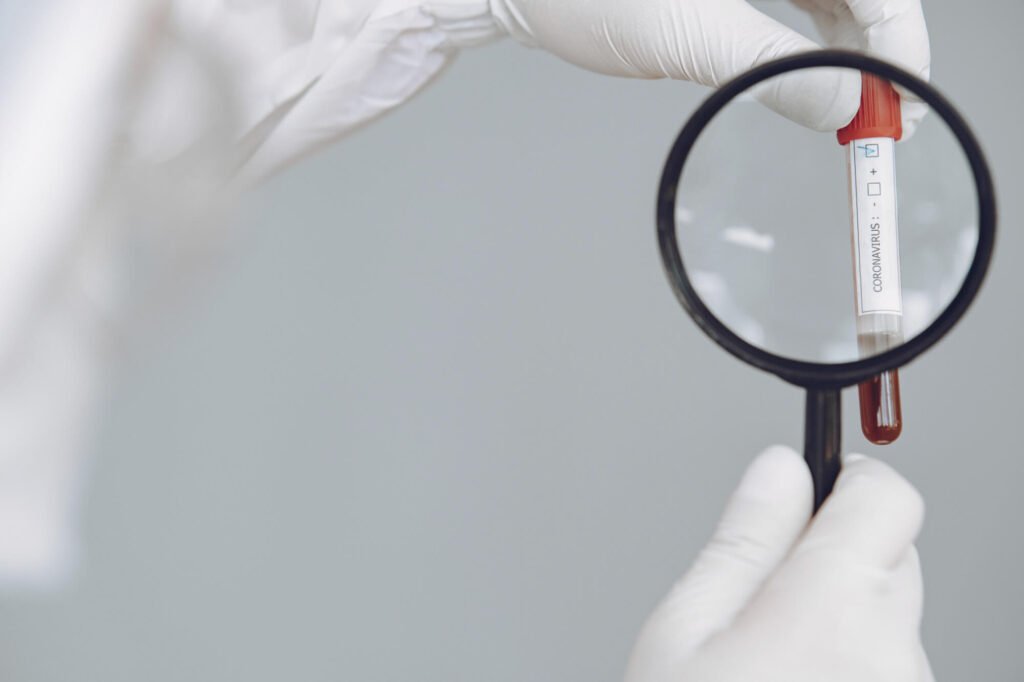
Confidential Testing for STDs and Drug Use to Ensure Your Health
STD testing is a medical procedure that checks for sexually transmitted infections (STIs) or diseases (STDs). It can involve a physical exam, blood test, urine sample, or swab.
What's involved
Physical exam: A medical professional may check for physical signs of infection, such as a pelvic exam for females.
Blood test: A blood test can confirm HIV or later stages of syphilis.
Urine sample: A urine sample can confirm some STIs.
Swab: A sterile cotton swab can collect a sample from the affected area.
Fluid sample: If there are open genital sores, a health care professional may test fluid from the sores.
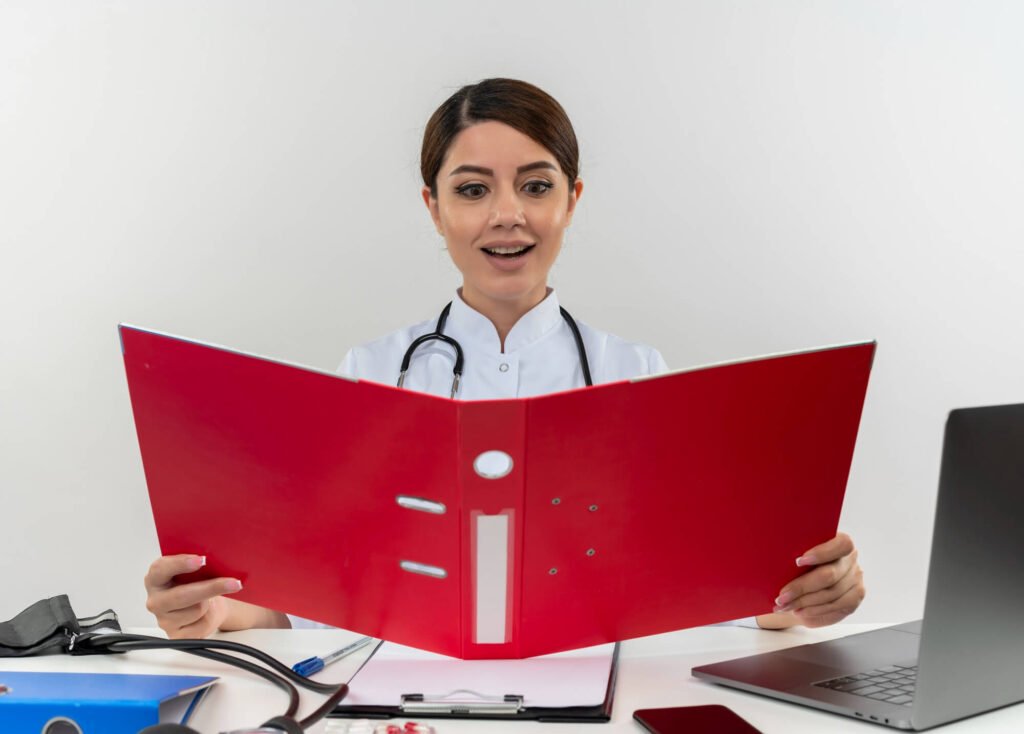
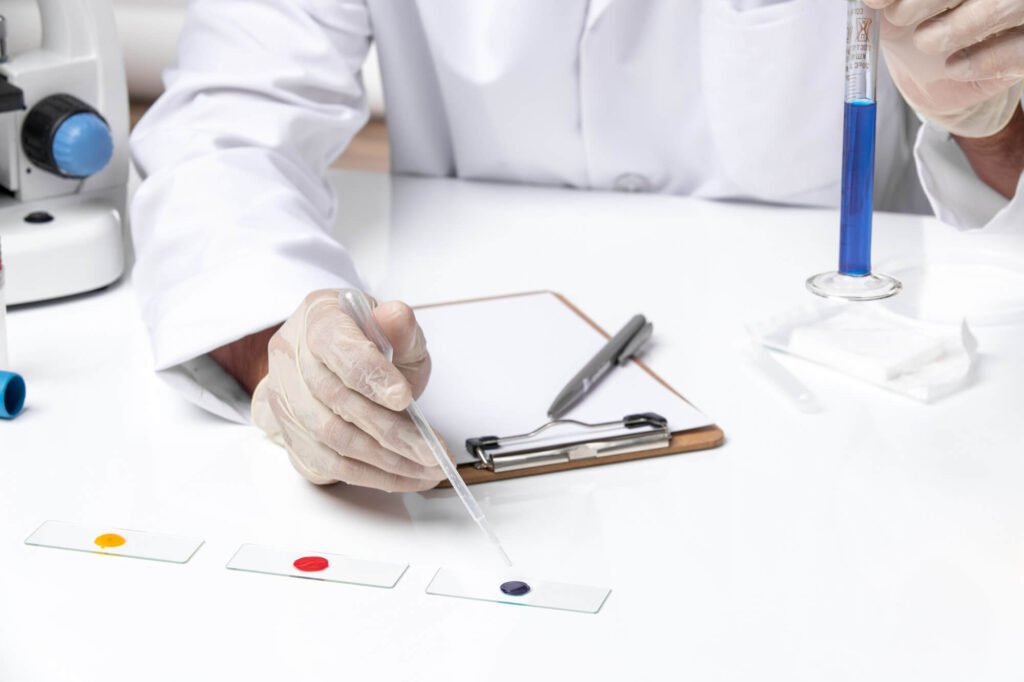
When to get tested
It's recommended to get tested for STIs within one to two weeks after an unprotected sexual encounter.
It's also recommended to get tested again 90 days later.
The U.S. Preventive Services Taskforce recommends HIV testing at least once for people ages 15–65.
Blood tests
HIV: A blood sample is sent to a lab to confirm the diagnosis
Syphilis: A blood sample is sent to a lab or a swab of the affected area is taken
Hepatitis: A blood test can diagnose hepatitis infections
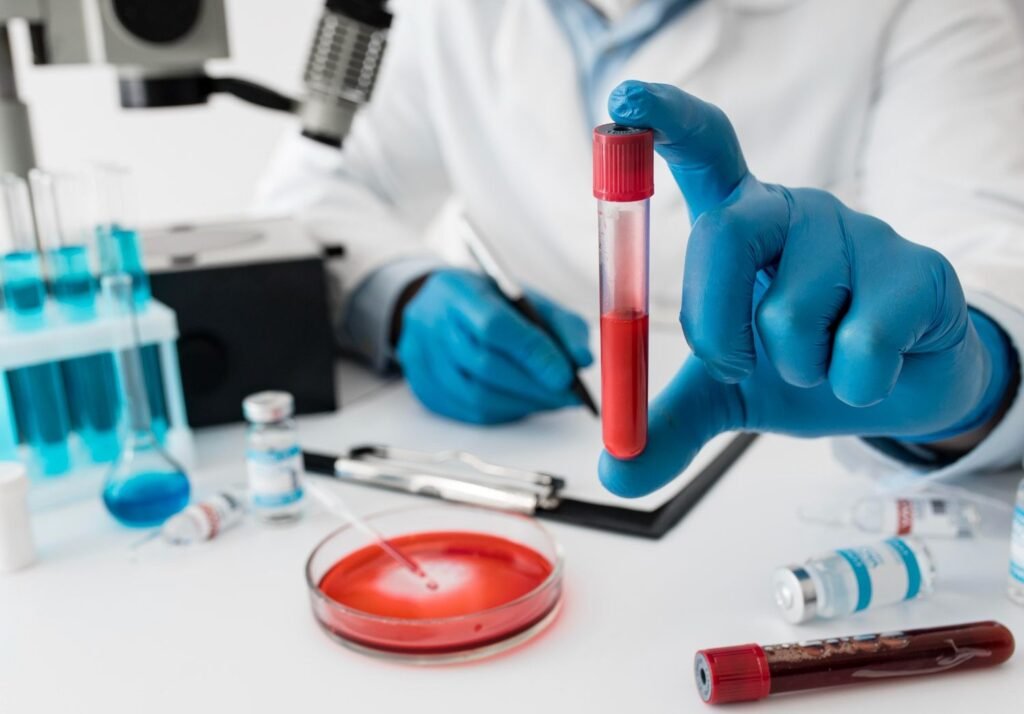
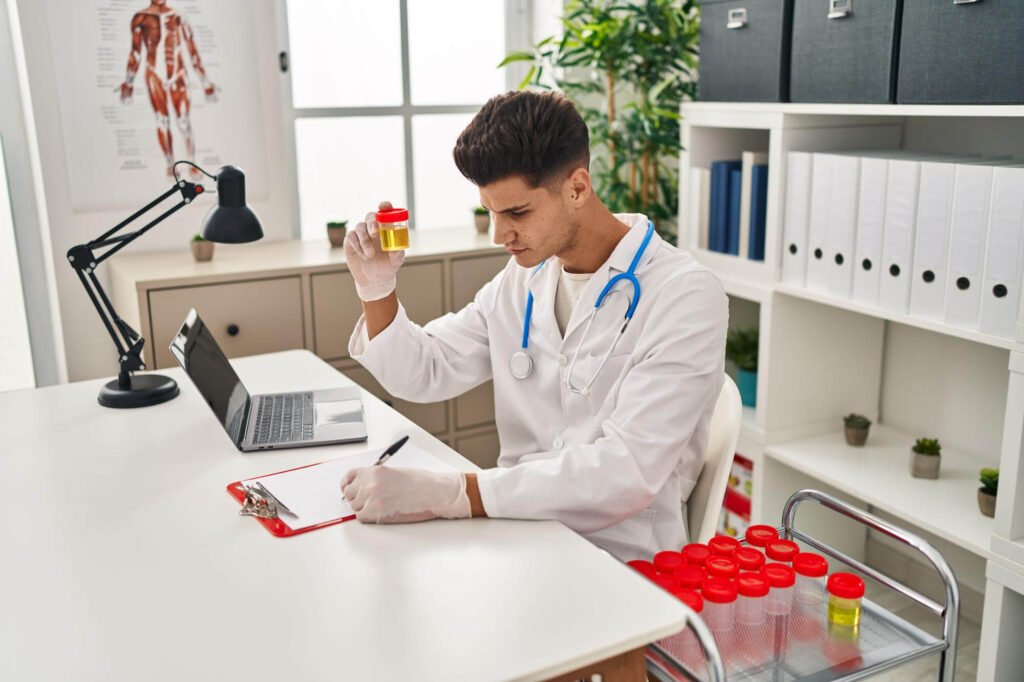
Urine tests
Chlamydia: A urine sample or a swab of the affected area can confirm the diagnosis
Gonorrhea: A urine sample or a swab of the affected area can confirm the diagnosis
Swabs
Trichomoniasis: A swab of the infected area is taken
HPV (cervical cancer): A swab of the affected area is taken
Genital herpes: A tissue sample or culture of blisters or early ulcers is taken


Physical exams
HPV (genital warts): A visual exam is performed
Pap smear: A Pap smear is performed to check the cervix for abnormal cells
STD testing is a routine part of healthcare and can help prevent complications and transmission to others.
Drug Testing
What is a drug test?
Drugs are chemical substances that can change how your body and mind work. A drug test looks for signs of one or more illegal drugs or certain prescription medicines that can be misused. The test is usually done with a sample of your urine (pee). Less commonly, drug testing uses a sample of your blood, saliva (spit), hair, sweat, fingernails, or breath. The purpose of a drug test is to look for drug use and misuse, which includes:
Using any illegal drugs, such as cocaine or club drugs.
Misusing prescription medicines, which means taking prescription medicines in a different way than you are supposed to. This can include crushing or snorting tablets, taking more than the prescribed dose, or taking it more often than prescribed. It also includes taking the medicines for a nonmedical purpose, such as to get high. Examples of drug misuse include using a prescription pain reliever to relax or taking someone else's prescription.
A drug test can check for a single drug or for a group of drugs in your body. Drug tests commonly test for:
Amphetamines, such as methamphetamine and Ecstasy (MDMA)
Barbiturates, such as phenobarbital and secobarbital
Benzodiazepines, such as alprazolam or clonazepam
Cocaine
Marijuana (cannabis, THC)
Opioids and opiates, such as heroin, codeine, oxycodone, morphine, hydrocodone, and fentanyl
Phencyclidine (PCP)
Drug tests can find signs of drugs that you took hours to several days or more before the test. How long a drug lasts in your body depends on:
The type of drug
How much you used
How long you were using it before the test
How your body reacts to the drug
Other names: drug screen, drug test, drugs of abuse testing, substance abuse testing, toxicology screen, tox screen, sports doping tests
What is a drug test?
Drug testing is used to find out whether you have been using or misusing one or more drugs but can’t diagnose a drug use disorder (addiction).
A drug test may be used for different purposes, including:
Employment. Employers may require that you pass a drug test before they will hire you. The testing may be part of a drug-free workplace program. After you're hired, they may test you to check for on-the-job drug use. If you have a work accident, you may be tested to see whether drugs or alcohol were involved.
Sports. Professional and other athletes are often tested for drugs that are used to improve performance, such as anabolic steroids that help build muscle.
Substance use disorder treatment. Drug testing may be used to monitor treatment in programs for drug or alcohol use disorder (AUD).
Legal evidence. Testing may be part of a criminal or motor vehicle accident investigation. Drug screening may also be ordered as part of a court case.
To prevent prescription drug misuse. If you take a prescription medicine that can be addictive, such as opioids for chronic (long-term) pain, your provider may order a drug test to make sure you're taking the medicine correctly.
Drug testing may be scheduled ahead of time or done randomly without notice.
Why do I need a drug test?
You may be asked to take a drug test for a job, to participate in certain organized sports, or as part of a police investigation or court case. In a hospital emergency room, a health care provider may order a drug test if you have signs of a possible drug overdose. Newborns can also be tested for possible prenatal exposure to illegal drugs.
What happens during a drug test?
Drug testing may be done in many different locations, including labs, hospitals, drug treatment centers, and workplaces.
Urine is the most commonly used sample for drug testing. You will be given instructions for how to collect your sample. In certain cases, a health care professional or other person may need to be present while you provide your sample. This is to make sure the urine is yours and isn’t contaminated with anything that might affect the test results.
If a blood sample is used to test for drugs, a health care professional will take a blood sample from a vein in your arm, using a small needle. After the needle is inserted, a small amount of blood will be collected into a test tube or vial. You may feel a little sting when the needle goes in or out. This usually takes less than five minutes.
Will I need to do anything to prepare for the test?
Be sure to tell the testing professional if you are taking any prescription drugs, over-the-counter medicines, or supplements, because these substances may affect your test results. Also, you should avoid foods with poppy seeds, which can show up as opiates in a drug test.
Are there any risks to the test?
There are no known physical risks to having a drug test. But if drugs show up in your results, it may affect your job, your eligibility to play sports, the outcome of a legal matter, or other parts of your life.
Before you take a drug test, make sure you know:
What you are being tested for
Why you are being tested
How the results will be used
What do the results mean?
If a drug test result is positive, it means that one or more drugs were found in amounts that suggest drug use or misuse. If you have a positive test result, you’ll usually have a follow-up test to make sure the first test was correct. That’s because the type of urine testing that’s often done first can have false positive results.
A false positive means that the test showed you had a drug in your sample when it really wasn’t there. False positives can happen if the test reacts with other chemicals in your body from certain over-the-counter medicines, prescriptions, and foods.
The follow-up drug test after a false positive result is called a confirmatory test. It is a more sensitive test that provides more accurate results.
If a drug test result is negative, it means that either:
The drugs that were tested were not found in your sample.
A very small amount of drugs was found, but not enough to count as a positive test result for drugs.
How the results will be used
Learn more about laboratory tests, reference ranges, and understanding results.
Is there anything else I need to know about a drug test?
If you test positive for a legal drug prescribed by your provider, your employer can’t punish you, unless the drug is affecting your ability to perform your job.
If you test positive for marijuana and live in a state where it is legal, employers may still be able to punish you in some states. Employers may do this because they want a drug-free workplace. Also, marijuana is still illegal under federal law.
Have questions? Feel free to write us
Call expert
281-997-7333
Visit office
2425 County Rd 90, Pearland, TX 77584

